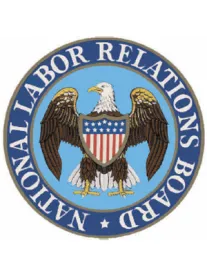The National Labor Relations Board today opened the door for further unionization efforts at institutions of higher education by finding that student assistants are employees and therefore eligible for union organizing. Its decision in Columbia University permits the expansion of the nationwide efforts over the last several years to organize contingent faculty.
The issue of graduate assistant eligibility for unionization has vacillated over the years. Since 2004 the NLRB has held that graduate assistants did not qualify as employees under § 2(3) of the National Labor Relations Act (the "Act") because graduate assistants "are primarily students and have a primarily educational, not economic, relationship with their university." As of today’s decision, student assistants have been determined to be statutory employees because their employment relationship with their universities is not subordinate to their educational relationship. Thus, students "performing services at a university in connection with their studies" are employees covered under the Act and are capable of organizing into unions for collective bargaining purposes.
The NLRB’s decision permits the following types of students to unionize under the Act:•Graduate and Undergraduate Teaching Assistants (including Teaching Fellows, Readers and Graders)
•All Graduate Research Assistants (including those compensated through Training Grants)
•All Departmental Research Assistants
•Terminal Master’s degree students
•All students who provide instructional services
Universities must now confront unionization efforts from its students in addition to those organizing efforts by its faculty, staff and other employees. Due to the intimacy with which faculty and student assistants work and operate, the Board’s decision could concurrently produce united efforts by both potential bargaining groups, opening the university or college up to simultaneous attacks on different fronts. In determining that the educational relationship is no longer dispositive for the purpose of extending coverage under the Act, higher education institutions might now find themselves addressing multiple unionization efforts from various fronts within their own student and faculty bodies.
Proper planning and proactive communication may aid these institutions in addressing possible organization movements from student assistants and preventing potential labor disputes and disruptions. The Board’s decision to interpret the Act to permit graduate students and other student assistants to unionize has tremendous reach and opens up greater possibilities for unionization and bargaining efforts.




 />i
/>i
